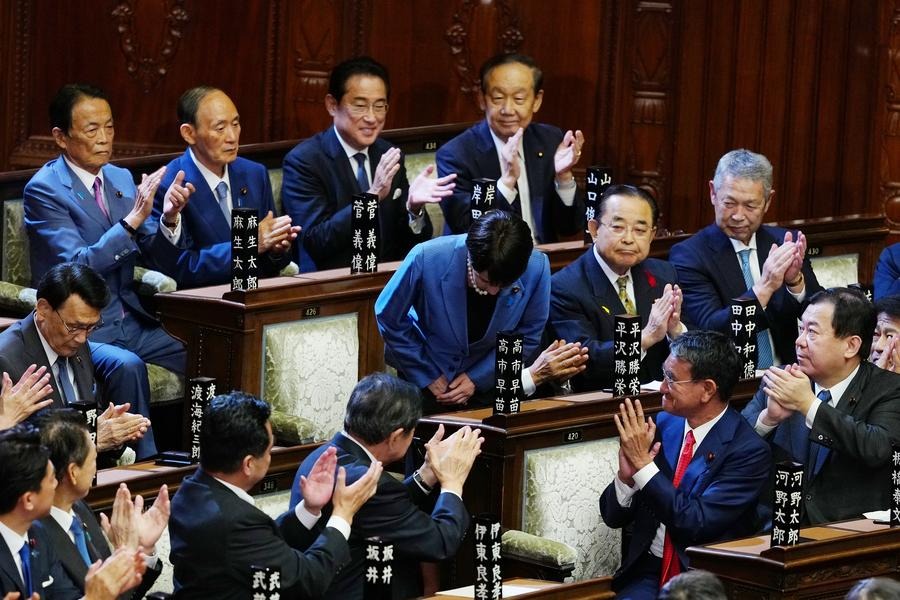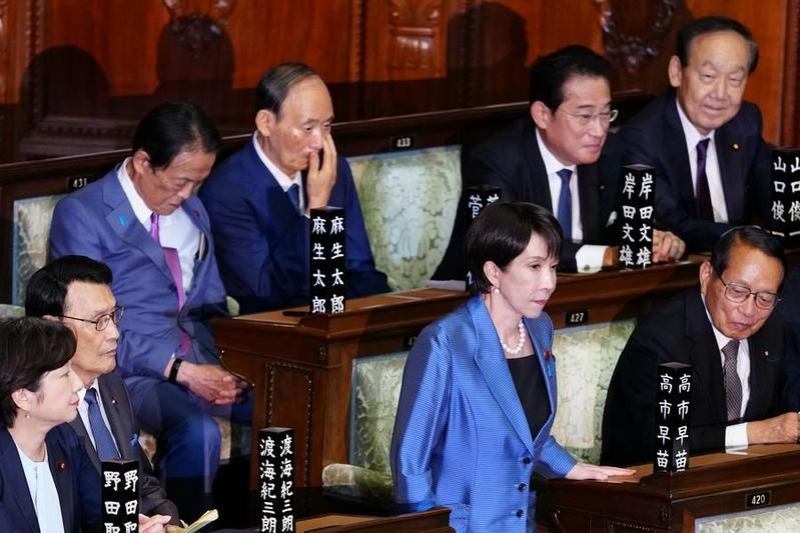EU should take a rational and pragmatic view of rare earth export control measures: China Daily editorial


The European Union is reportedly attempting to rally the G7 countries to jointly respond to China's recent rare earth export control measures. This is both misguided and shortsighted.
European Commissioner for Trade Maros Sefcovic took aim at China after an EU trade ministers' meeting in Denmark on Tuesday, saying the EU "cannot stand by". But rather than rashly rushing toward confrontation, the EU should calmly reflect on both China's intentions and the global context in which the measures were introduced.
The EU should recognize that China's policy is not targeted at any specific country or region. Those who comply with China's regulations and meet the relevant requirements have no cause for concern. As long as their exports are for legitimate and peaceful purposes, their applications will be approved in accordance with the law.
As the Ministry of Commerce of China has made clear, China's export control measures covering medium and heavy rare earths are legitimate actions taken in full accordance with Chinese laws and international norms. The measures are aimed at refining China's export control system, not restricting normal trade. Licenses will be granted for eligible applications, and compliant exports for civil use will continue as usual. Before announcing the move, China notified relevant countries and regions through established bilateral dialogue mechanisms, reflecting its commitment to acting transparently.
China's export controls are not export bans. Rather, they are prudent and moderate and designed to ensure that rare earths — materials that have critical applications in high-tech and military industries — are used responsibly. As the Commerce Ministry spokesperson has explained, in a world of mounting geopolitical uncertainty and frequent regional conflicts, such measures are necessary to fulfill China's international obligations to nonproliferation and world peace. The impact of the moves on global industry and supply chains has been thoroughly assessed and will remain limited.
Unfortunately, instead of taking an objective view of China's move, some policymakers in Brussels appear to have fallen into the trap set by Washington. In recent months, the United States has been deliberately escalating trade and technology tensions citing "national security" as the justification for imposing unilateral controls on Chinese products ranging from semiconductors to shipbuilding equipment. It is the US not China that has weaponized trade and abused export control mechanisms to suppress fair competition. By emulating the US stance, the EU risks repeating the US' folly.
As Chinese Foreign Minister Wang Yi has emphasized during recent high-level exchanges with the bloc, China and the EU are opportunities for each other. They should be partners not rivals. Cooperation between the two sides has yielded tremendous mutual benefits over the years — from clean energy and digital innovation to green transformation and advanced manufacturing. Confrontation with China and alignment with the US' policy of coercion will only undermine these achievements and shared progress.
If the EU and other developed economies wish to secure stable access to the key materials and China's market, they should engage with China constructively, rather than treating normal regulatory measures as threats. The visits to China by Diplomatic Adviser to the French President Emmanuel Bonne, Sweden's Minister for Foreign Affairs Maria Malmer Stenergard and Canada's Minister of Foreign Affairs Anita Anand this week, starting from Wednesday, serve as valuable opportunities to engage in trust-building, provided the discussions are based on mutual respect, equality and noninterference in domestic affairs.
It is also worth noting that the EU countries, like many other US allies, including those within the G7, such as Canada, have themselves been victims of the US administration's trade bullying. From the Inflation Reduction Act to unilateral tariffs and extraterritorial sanctions, the US has repeatedly used economic coercion to advance its own interests at the expense of its partners. The EU should learn from these experiences and avoid dancing to the US' tune on China-related issues. Upholding its independent judgment and pursuing pragmatic engagement are the way for the EU to preserve its own industrial competitiveness and long-term strategic interests.
China remains committed to openness, cooperation and the shared prosperity of the global economy. It will continue to refine its export control system in line with international practices, while granting licenses for legitimate trade and strengthening dialogue with all partners. As a responsible major country and the world's second-largest economy, China has neither the intention nor the need to disrupt global supply chains.
At a time when the world economy is struggling to recover, what is needed is not bloc politics or politicized "joint responses", but confidence, coordination and mutual respect. The EU and G7 countries, including the US, should work with China to safeguard the stability of the global industry and supply chains, rather than acting to undermine them.
Viewing China's policies with greater objectivity and pragmatism would not only serve Europe's own interests but also contribute to global stability and sustainable growth.


































